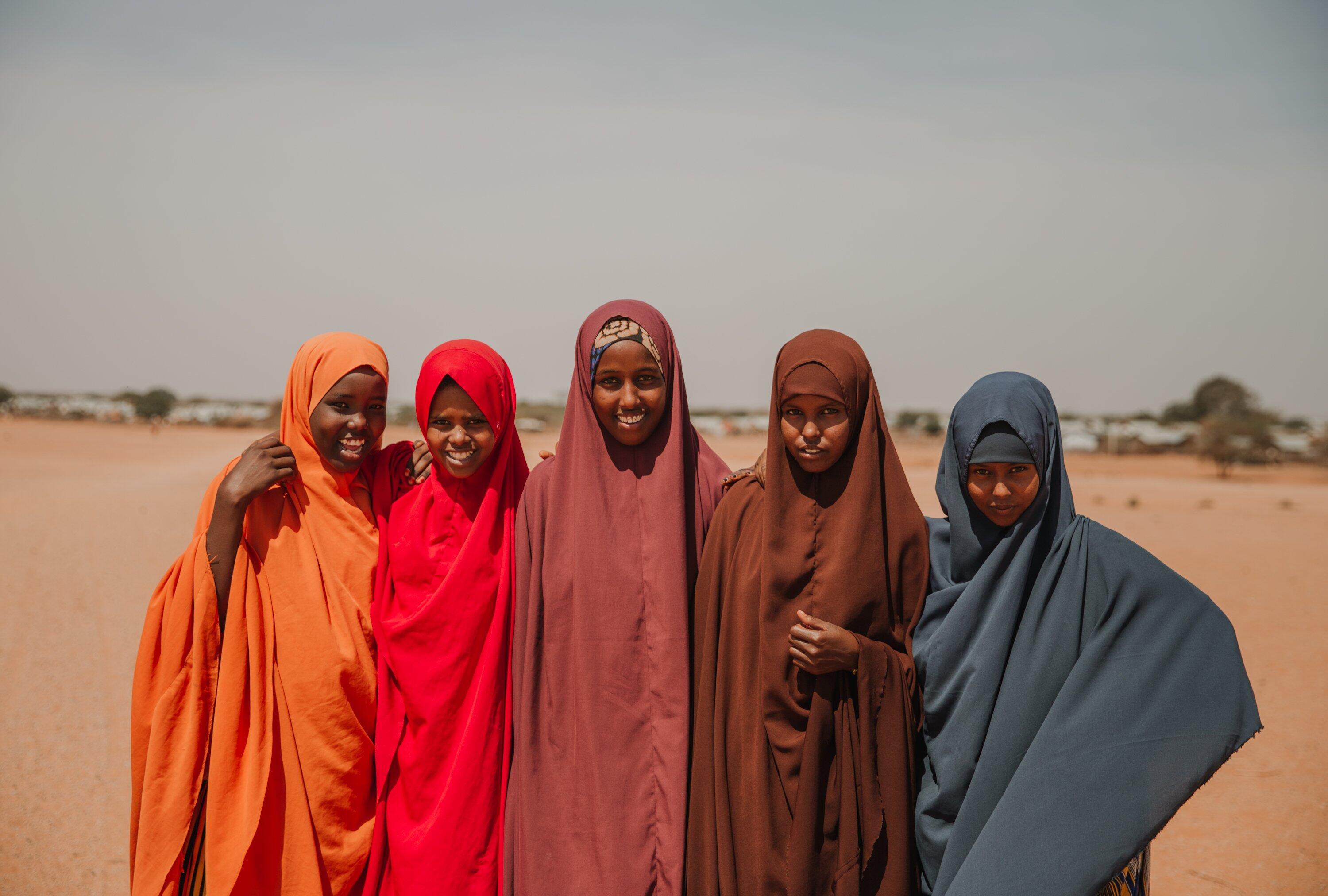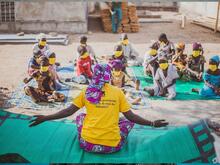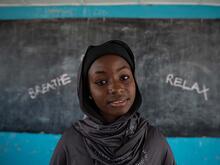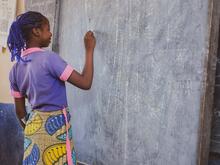The ‘What Works: Impact at Scale’ programme is a new seven year programme, funded by the UK government, on prevention of violence against women and girls, focused on learning about how to take small-scale evidence-based approaches to scale.
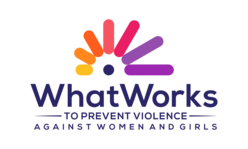
The consortium partnership includes Raising Voices, Social Development Direct and CARE International and is led by the IRC. The partnership brings deep expertise and commitment to VAWG prevention and has formed around shared feminist values.
The programme will systematically design, implement and rigorously evaluate a range of approaches to scaling up violence prevention efforts, translating proof-of-concept evidence into robust, largescale programmes and strategies; as well as designing, piloting and testing new theory-driven violence prevention approaches.
The programme will be awarding grants through an open competitive process to support scale up of effective small-scale interventions and testing on innovative approaches.
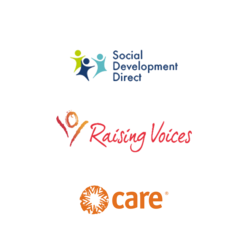
Our shared feminist principles:
- We will centre all women and girls affected by violence in all of our work, and ensure our work responds to the range of experiences of those women and girls.
- The What Works II Programme will first and foremost be accountable to women and girls affected by violence in the Global South.
- We will use the power and resources provided by the What Works II Programme to amplify the voices of women and girls affected by violence, and to challenge systemic inequalities and patriarchal structures that perpetuate violence at all levels.
- We will adopt an intersectional approach throughout the programme, recognising the multiple sources of oppression and discrimination that affect women and girls, expose them to violence, and determine their opportunities for safety, healing and recovery.
- We will work collaboratively and reflexively within the consortium and with all other organisations, individuals and groups involved in the What Works II Programme.
- We will create ways of working that share ownership, visibility and decision-making and challenge existing power inequalities, while recognising this is difficult work and an on-going learning process.
- We will prioritise ‘doing no harm’ and the safety, well-being and care of each other and all those involved in and impacted by our work.
Follow us on Twitter and join the conversation to build a collective vision to strengthen the field of VAWG prevention.
